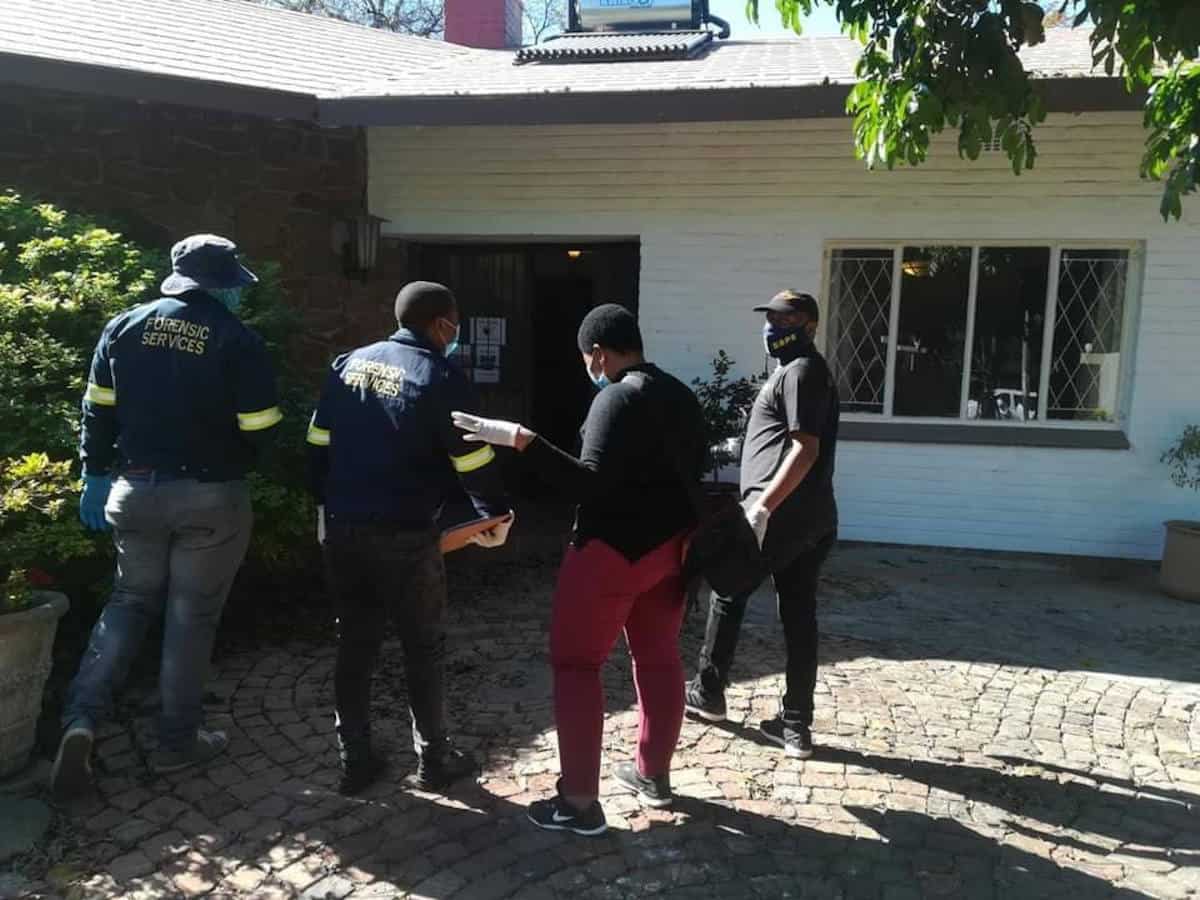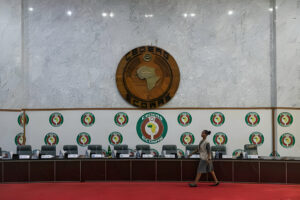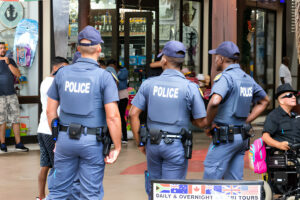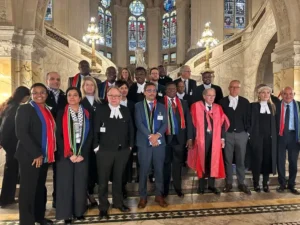Two foreign nationals have pleaded guilty and been sentenced by the Nelspruit Regional Court for their involvement in trafficking 18 foreign nationals into South Africa. The sentencing comes after an intelligence-driven operation carried out by a multi-disciplinary team in Mpumalanga earlier this year.
Guilty Pleas and Sentences
Accused number one, known only as Ihsanulla, received a R10,000 fine or a two-year prison term. Additionally, he was handed a three-year prison sentence, entirely suspended for five years, on the condition that he doesn’t commit any further trafficking in persons during the suspension period.
Accused number two, Mujahid Hussain, was fined R5,000 or sentenced to one year in prison for count one. He also received a three-year prison sentence, wholly suspended for five years, under the same condition that he doesn’t engage in human trafficking during the suspension period.
Captain Dineo Lucy Sekgotodi, spokesperson for the Directorate for Priority Crime Investigation, commonly known as the Hawks, confirmed these sentences.
Operation to Uncover Trafficking
The operation that led to these convictions was initiated after receiving information about illegal immigrants residing in a safe house in KaMagugu. It was determined that these individuals were entering South Africa from foreign countries without proper documentation. The multi-disciplinary law enforcement team acted on this information, which ultimately led them to a house in KaMagugu.
Inside, they found 19 men cramped into a three-bedroom house without any furniture. Preliminary investigations revealed that 14 of these individuals were Bangladeshi, and four were Pakistani nationals. Ihsanulla, a 43-year-old Pakistani national, was arrested for his role in managing the safe house.
Uncovering the Evidence
The police found 18 passports, 27 cellphones, chargers, and cables in the possession of Ihsanulla. Notably, these individuals couldn’t communicate in English and had passports without proper entry stamps for South Africa, raising suspicions about their legal status.
Subsequently, the 18 foreign nationals, ranging from 20 to 45 years of age, were arrested and charged for violating South Africa’s Immigration Act. Ihsanulla faced more severe charges related to human trafficking, as investigations by the Department of Home Affairs revealed that they had been trafficked.
Involvement of Mujahid Hussain
Further investigations implicated another Pakistani national, Mujahid Hussain, aged 36, who was linked to the house where the trafficked individuals were harbored. The house was leased to Hussain and his wife, and in her absence, he was found to be using it, along with Ihsanulla, for harboring the trafficked persons. Both suspects were denied bail and remained in custody.
Guilty Pleas and Convictions
On Tuesday, both Ihsanulla and Hussain pleaded guilty in the Nelspruit Regional Court. They were subsequently convicted and sentenced for their involvement in this trafficking operation.
Positive Response from Authorities
Major General Nico Gerber, the provincial head of the Hawks in Mpumalanga, welcomed the sentencing of the two individuals. Additionally, Hussain was connected to another criminal case from September 2022, leading to a separate sentence of a R5,000 fine or one year in prison.
The convictions and sentences of these individuals serve as a reminder of South Africa’s commitment to combat human trafficking and protect the rights of vulnerable individuals.
This case underscores the importance of vigilant law enforcement and cooperation between agencies to combat human trafficking in the country. It also highlights the challenges in addressing this global issue and the responsibility of the justice system to hold those involved accountable for their actions.














